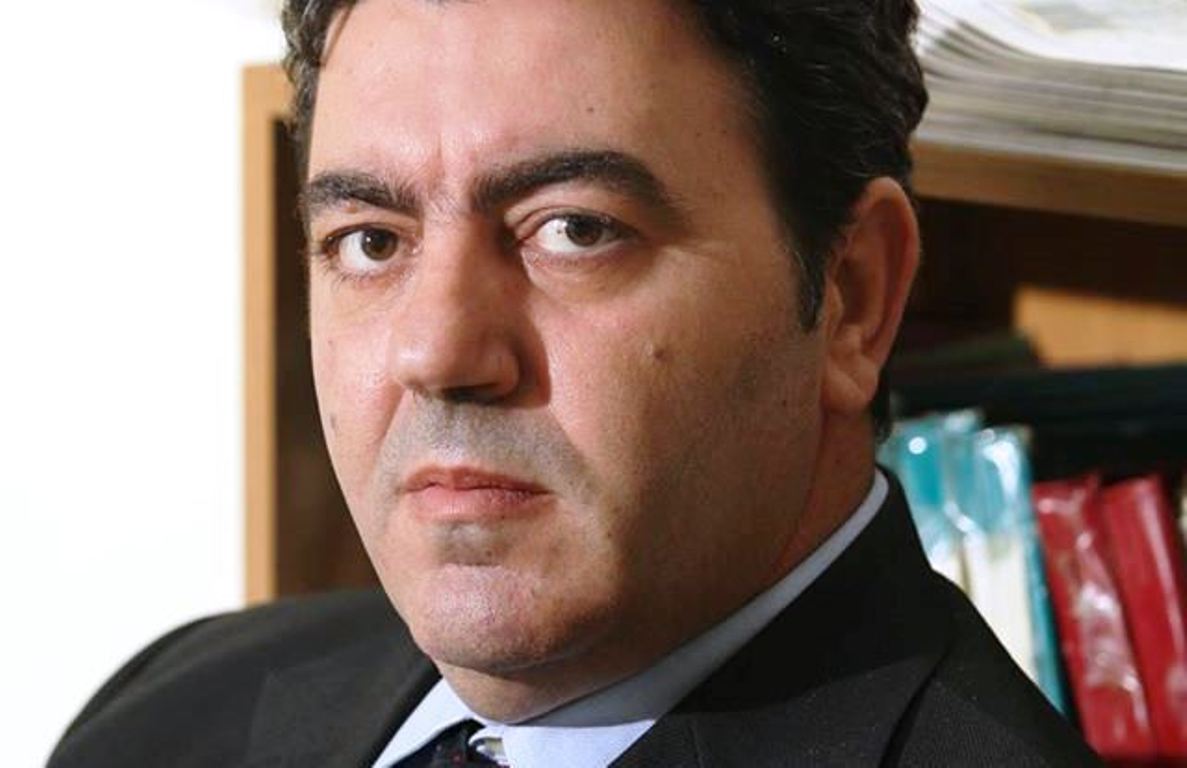
By Plator Nesturi
With the entry of Croatia in the European Union, which marked the 28th star that was attached to the EU flag, with the granting of the candidate status to Serbia and with what can be easily considered as the miracle of Brussels, the signature of the Stabilization and Association Agreement with Kosovo–which, in a way is a diplomatic and political challenge for those five EU member countries, which are not willing to accept this new geopolitical reality in Europe–we can finally see map of what we hope one day will be called as United States of Europe. Although politicians are hesitating to openly accept this, there are many researchers who see the future map of the joint state of the Europeans like this. In this new phase of the process of European integration, Balkans, the former powder keg, turns into Southeast Europe. At this point, the old name is thrown away to give way to the ancient name, prior to the Ottoman period, which today sounds very modern and very contemporary. In all likelihood, a long historical period filled with wars, conflicts and ethnic and religious grudges to be closed in order to give way to a new era, a new geopolitical context, that of being Europeans. This way, the political and diplomatic rhetoric with which we have been fed for the past 20 years, withdraws, giving way to a new reality and a new geopolitical concept. Although it finds itself at the peak of an economic, political and moral crisis, Europe showed that it has a vision for the future.
Nonetheless, the path is still long and the process is far from being finalized. After being granted the candidate status and after it launched accession talks, Montenegro resembles a country which is moving forward faster than its Balkan neighbors. Although Macedonia has been granted the candidate status, besides the issue of the name contest, Macedonia is still stuck in its nationalist convulsions. Bosnia and Herzegovina continues to heal the wounds of war in search of a triple identity. Meanwhile, after holding the elections, Albania is now waiting for the European Commission to give the green light for the launch of accession talks. It’s a paradox, but we’re the only NATO member in Europe which still cannot enjoy this right. With a feeling of sadness, Albanians, on this side of the border and on the other, the same as one hundred years ago, when we were the last to leave the Ottoman empire, are once again very late and being aware of this and we’re running to catch the last wagon of the European train.
Therefore, today, more than yesterday, we believe that the geographical name of the Balkans will only serve to color the style of the works of writers and historians when they speak of the past; in other words, an ancient object which belongs in the museum of the history of the civilization of the people of this part of the world, which fate divided from the culture and civilization, part of which it has been since the very beginning of their existence.
Note: The views expressed in this article are the author's own and do not necessarily reflect Albanian Free Press’ editorial policy




 ALB
ALB
 ENG
ENG
